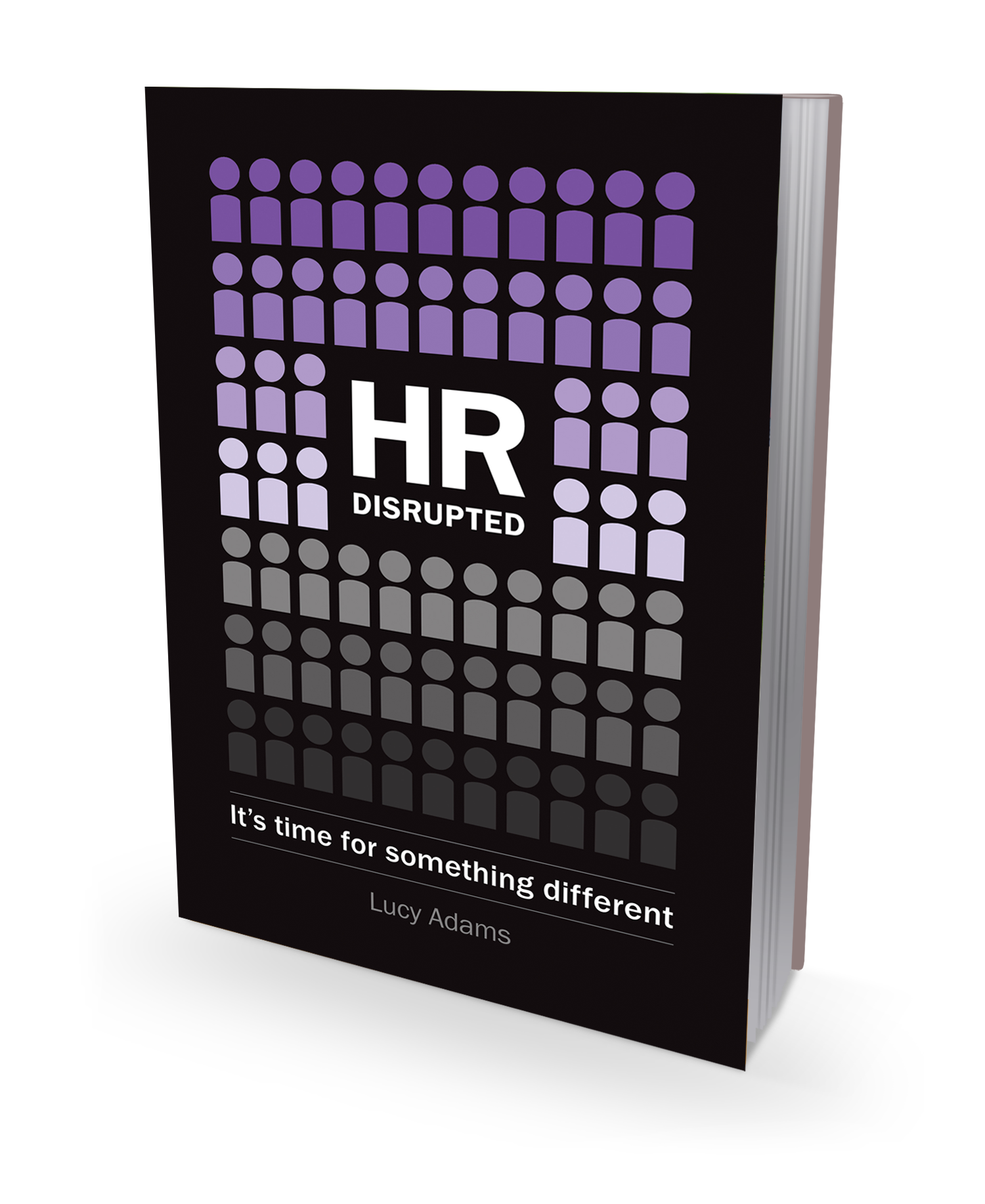I’ve never hidden my dislike of the annual appraisal, and we don’t exactly lack for articles discrediting them, yet they’re a resilient, persistent breed that doesn’t seem to be going anywhere any time soon. So what’s holding us back from wielding an axe to this soul-sucking, energy-draining, life-reducing process?
What my network of HRDs tell me is that one of the biggest barriers to reform is money: the flawed theory of payment for performance and consequently, the desire to have a documented link between performance and pay. Ok, I get the leaping-into-the-unknown nervousness; I understand the desire to tick a box to try to demonstrate objectivity and fairness; I even understand the rather lawyerly desire to document poor performance to later justify the dismissal of a poor performer, although an employment lawyer friend recently told me that in over 20 years of work he’s never once seen performance appraisals help at an employment tribunal.
Yet here’s the greatest irony – bolting pay onto the performance management process pretty much guarantees having an inferior process. Why guaranteed inferiority? We can talk all we like about having regular, open, honest conversations in a trusting environment, but the moment we talk to someone about their pay the ONLY thing they will hear is the outcome (“how big will my bonus be this year?”).
Psychologically speaking, receiving “constructive feedback” is hard enough anyway because when we receive information that is at odds with our own self-image our brains go into defensive mode and we feel threatened and stressed. This short YouTube video based on David Rock’s work is the best short summary I’ve found so far. Throwing money into the mix is like adding rocket-fuel to the brain’s ‘fight-or-flight’ response.
Most employees, not just millennials, cite career and personal development, learning and purpose as key motivators. Conversations around performance, development and career are therefore simply too valuable to be derailed by unnecessary noise around pay. So what can we do?
Detach pay from the performance conversation
In 2010, Lear took the step to separate the two processes. They introduced quarterly review sessions in which employees talked to their supervisors about both their past and future work, with a focus on gaining new skills. These sessions had no connection to decisions on pay. In fact Lear went further and dropped annual individual raises completely, instead adjusting pay only according to changing local markets. By taking away concerns about money and status, Lear “freed employees to relax and hear what their managers have to say, and vice versa.
I like Lear’s disruptive approach, although recognise that this won’t be for everyone.
Other options include:
1. A continuous assessment process, rather like continuous assessment at school rather than a single end-of-year exam. This seems to work well for those organisations that have regular performance periods such as hitting monthly sales targets or delivering projects – such as consultancy firms. By assessing regularly, they avoid the need for a grading at the end of the year and can distribute the bonus based on the average grade across the year or at the end of each of the sales/performance periods. For many companies however, this can be seen as even more onerous than the once-a-year performance assessment
2. An end-of-year “Contribution Calibration” session where line managers come together to agree who deserves what in terms of their bonus. Instead of a traditional calibration session where managers debate who deserves what grade, they discuss how much each individual has contributed and how much bonus they should receive, relative to each other. The upside of this can be some really good quality conversations about their people and challenge to those managers who use the bonus as a means of abdicating their development responsibilities. It can, however, be seen as unfair and lacking transparency by those in receipt of the outcome, if quality conversations haven’t taken place throughout the year.
3. Line manager discretion, allowing total freedom in what they give to their people, within a capped budget. This is the option that most companies who get rid of ratings, but want to keep individual bonuses, seem to favour. If you have had regular feedback between the manager and his/her people throughout the year, and the bonus is simply an extension of those discussions and is therefore expected, this approach can work. If you don’t have those conversations, the bonus can seem to be unfair and arbitrary – and can lead to accusations of favouritism and potentially discrimination.
Each have their merits, however the obvious danger is that we merely swap one flawed process for another. While we do like a process in HR, human beings are messy, mercurial and unique, so why not use a bit more behavioural science to shape it around employees, not around company processes?
Switch to team bonuses
There is evidence aplenty countering the insidious myth that money is the best way to motivate people, yet still we persist with placing money at the heart of motivation. Individual bonuses, linked to annual objectives that are often out of date by the time they are circulated, are a pretty poor way to ‘motivate’ good behaviour. Instead, use a team bonus to encourage collaboration, cooperation and openness, as John Lewis famously does. No-one succeeds on their own and team bonuses simply reflect the reality that, as social animals, we work best when we work together.
Abandon bonuses altogether
If you’re feeling particularly disruptive, then simply get rid of bonuses. They don’t really work anyway. It’s not that money doesn’t motivate, it just that money doesn’t motivate the right behaviours. In performance management circles there is increasing focus on the future: rather than asking what someone did six, nine or twelve months ago, companies such as Deloitte are instead asking whether an employee is a valued member of the team and how they will contribute to the future success of the business. In such circumstances, linking pay to the past is largely irrelevant and of more importance is ensuring that pay feels fair now based on what is expected in the future. There is a reason that Netflix pay high base salaries and don’t pay bonuses…
Instead, spend more of the total pay pool on differentiating on base salary (widely regarded as the most efficient way to reward people anyway) and, with the issue of pay off the table, you can instead focus on the growth and development of your employees in an open and trusting environment.
We hate the appraisal process yet cling to it like a comfort blanket the moment someone grabs it and tries to pull it away. Perhaps we should learn from that little frozen girl and “Let it go.”
My “sad little mission” goes on, but I sense that the light at the end of the tunnel is growing nearer…
You can read our other blogs on the latest HR topics here.
Want to know how equipped your HR is for a disrupted world? Why not take our free HR diagnostic?

Why not get our book “HR Disrupted” for a new way of thinking about HR and practical tools to help you make the changes Click here to order.

Get even more Disruptive HR content and join our Club – the go-to place for people who want to change HR!
Recent Posts
Health and Wellbeing: Less Zoom Yoga, More Trust
April 2, 2024We should question whether our healthy snacks and instructive posters are addressing the real barriers to feeling well. Should HR be the caring parent and provide the right kinds of food, exhortations and education? Or should we look to reduce the things that create the stress in the first place?
How to help your leaders be more curious
March 4, 2024Being curious is good for us and our organisations, but some of us do it less than others. This blog explores how we can help leaders to show more curiosity.
What are you disrupting in 2024?
February 19, 2024Nearly a 1000 of you responded to our poll on what you're disrupting in 2024. The results are in!